Category: Brain
-
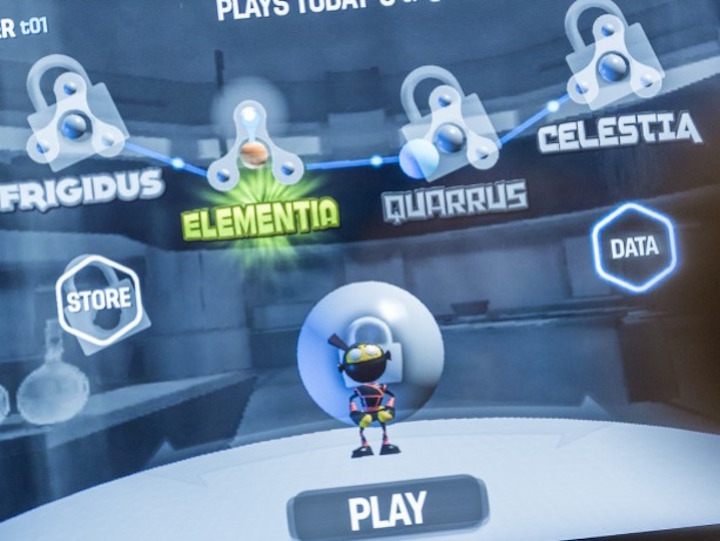
Video games studied to treat late-life depression
UCSF’s Joaquin Anguera and UW’s Patricia Arean have published a study detailing the use of video games to treat late life depression. They claim that the EVO interface targets underlying cognitive issues associated with depression, and does not simply manage systems. The game, developed by Akili, is meant to improve focus and attention at a “basic neurological…
-
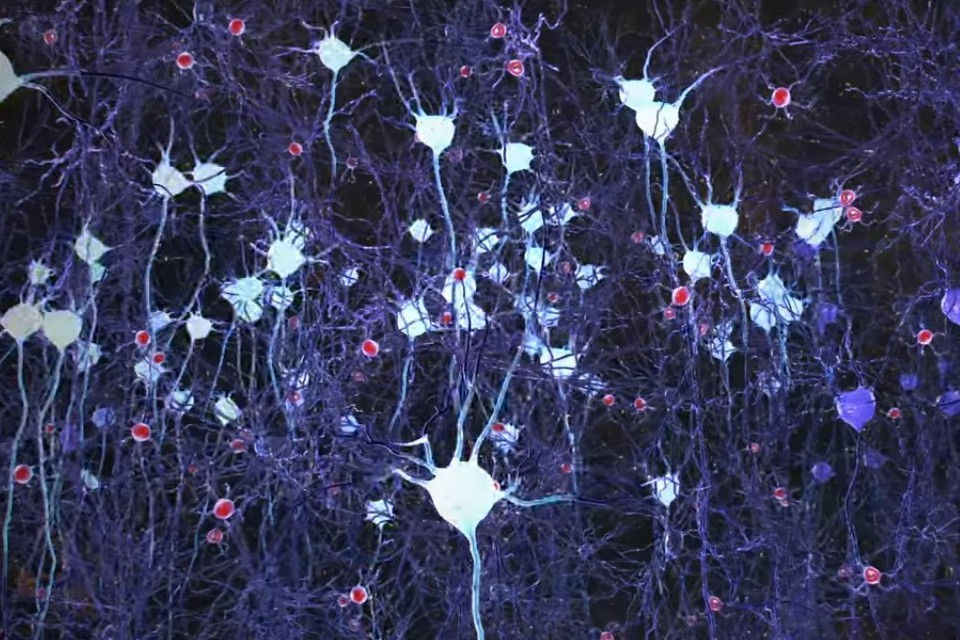
Non-invasive visual stimulation to treat Alzheimer’s disease
Cognito Therapeutics is developing a device-driven approach to Alzheimer’s treatment. Based on research by MIT’s Ed Boyden, globally recognized for his work in optogenetics, and Li-Hue Tsai, director of the Picower Institute for Learning and Memory, flickering-light stimulation has been used to restore gamma oscillation in the brains of the mice. This activated microglia cells to remove…
-
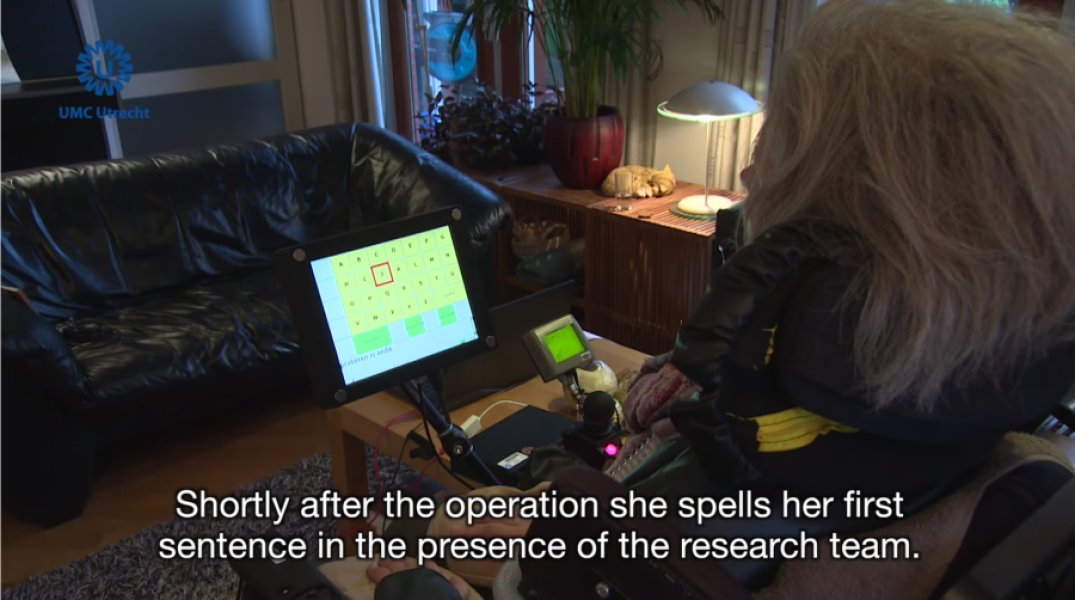
Implanted device enables slow, but more reliable, brain-driven typing
UMC Utrecht professor Nick Ramsey has developed an implantable brain computer interface that allowed a locked-in ALS patient to (very slowly) translate her thoughts into text. Until recently, the patient used eye tracking to spell words on a computer screen, as many ALS patients do. However, as 1/3 of patients lose the ability to control their eyes,…
-
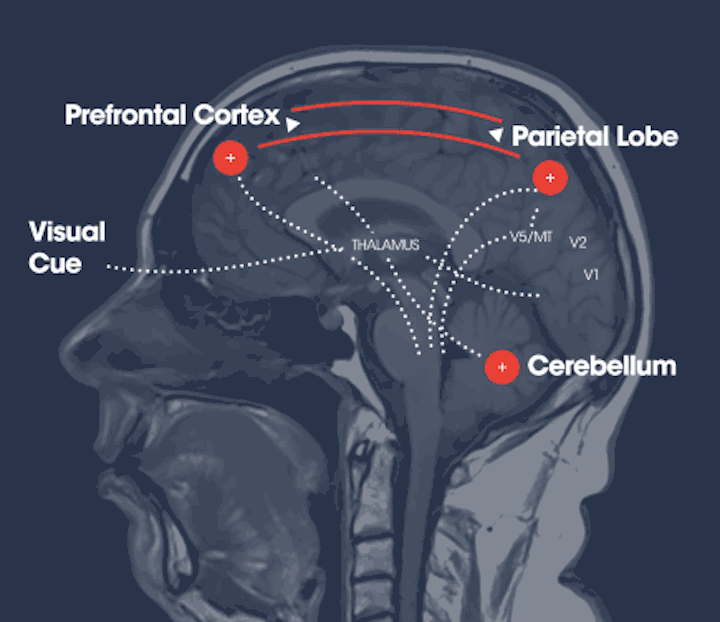
Eye tracking + VR to improve brain injury diagnosis, track recovery
Eye tracking technology, combined with VR, is proliferating, with myriad medical, gaming, and education applications. SyncThink uses eye tracking, built into an Oculus Rift, to detect if a person has the ability to keep the eyes synced with moving objects, to determine brain injury and track recovery. The company has been granted 10 patents, for eye-tracking hardware, and…
-

Optogenetics + CLARITY to understand, treat mental illness, addiction
Allen Institute President Christof Koch “likens (Professor Karl) Deisseroth to Galileo, whose early improvements of the telescope afforded a huge advance in our understanding of the cosmos.” (New Yorker profile, 2015) Professor Deissoroth will discuss his pioneering methods of understanding and treating the brain at ApplySci’s Digital Health + NeuroTech Silicon Valley conference, on February…
-
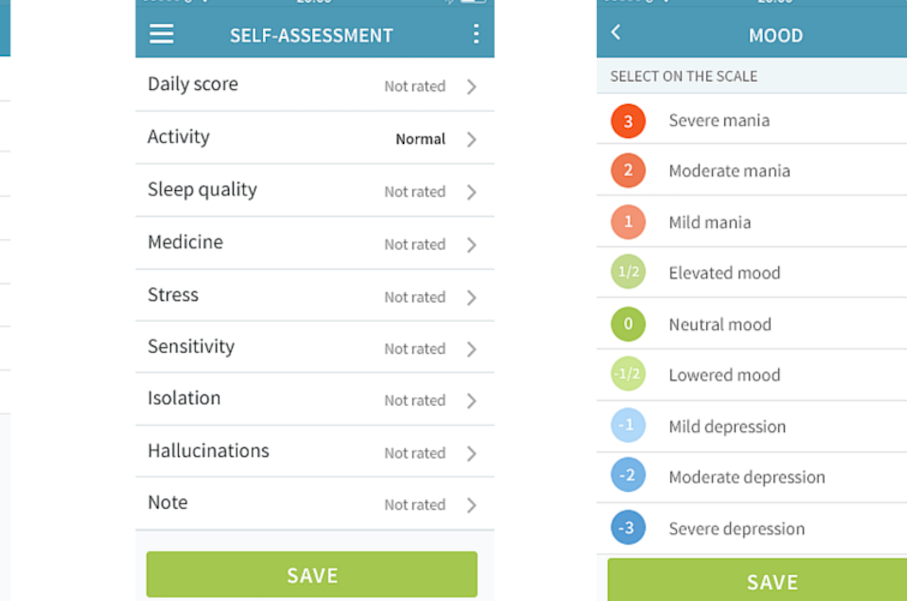
Mental illness symptoms self reported, empowering patients and alerting caregivers
Monsenso is an app created to help those who suffer from mental illness gauge their own symptoms. ApplySci applauds this and other attempts to empower the patient (as long as privacy is protected), which in itself could produce positive outcomes. Data is continuously sent to clinicians, and emergency interventions are facilitated. Monsenso users complete…
-
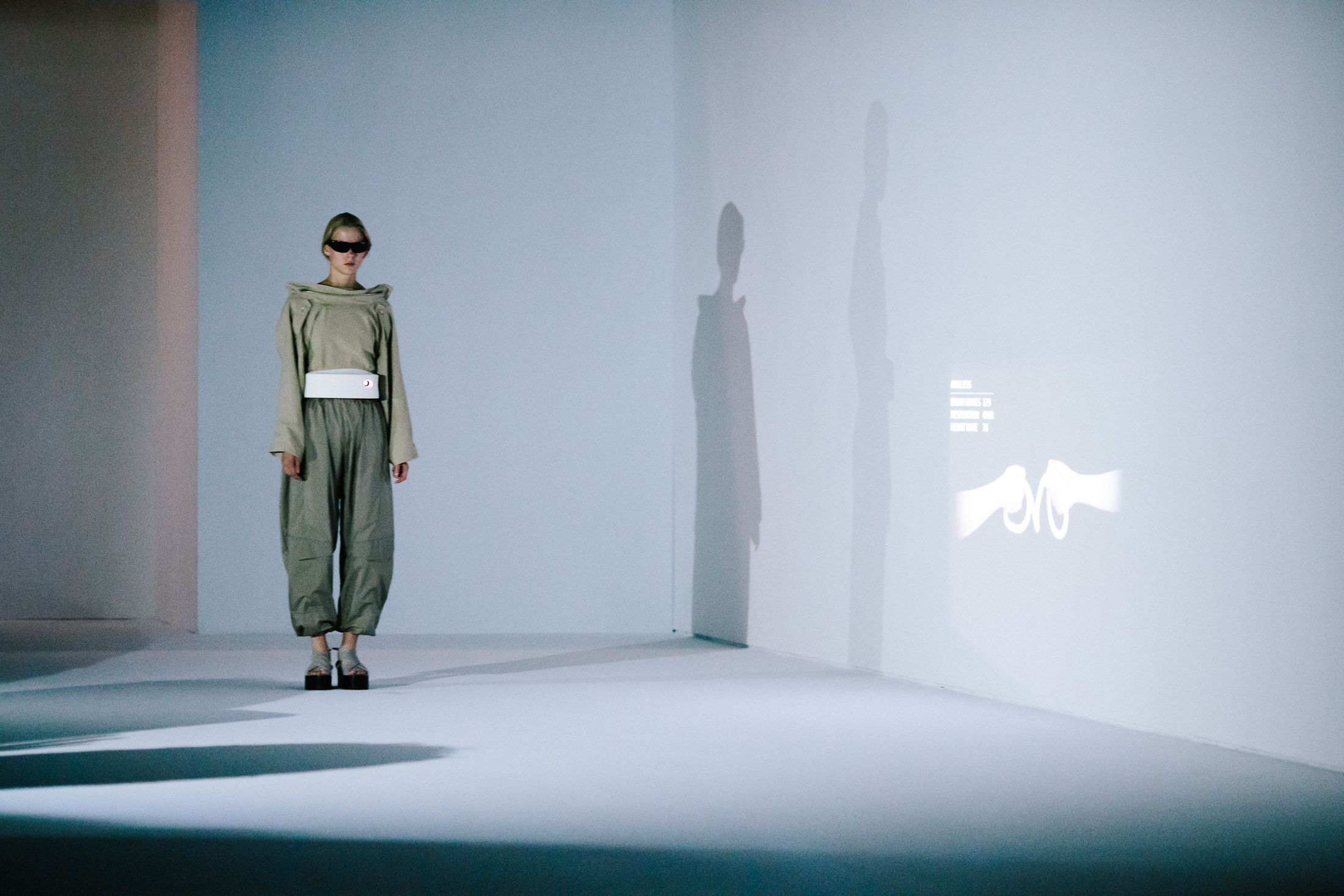
Paris Fashion Week: Smart glasses detect runway model stress
Intel has partnered with designer Hussein Chalayan to create smart glasses and belts to detect the stress level of models in his Paris runway show. The glasses have EEG electrodes near both temples, to collect brain waves. The nose bridge includes an optical sensor, to measure heart rate variability, and a microphone, to measure breathing.…
-
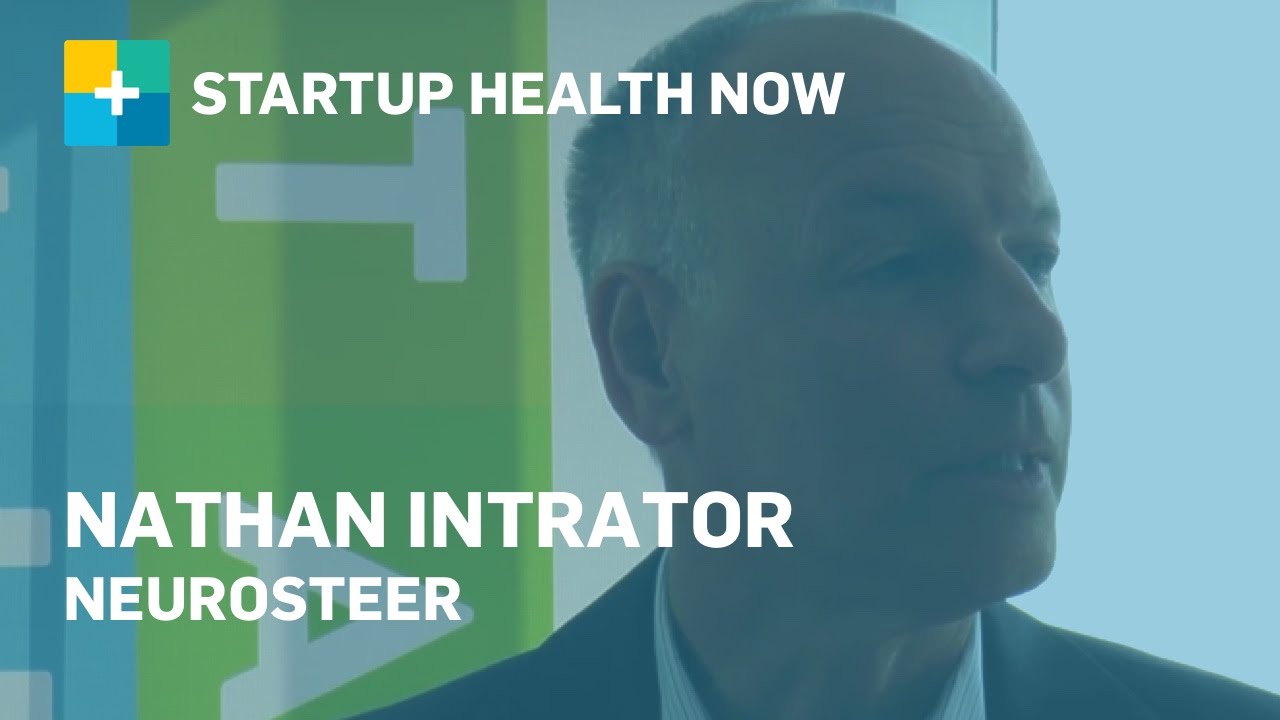
Mobile brain health management
After scanning the brains of ALS, epilepsy, minimally conscious, schizophrenia, memory impaired, and healthy patients, to monitor brain health and treatment effectiveness, Brown and Tel Aviv University professor Nathan Intrator has commercialized his algorithms and launched Neurosteer. At ApplySci’s recent NeuroTech NYC conference, Professor Intrator discussed dramatic advances in BCI, monitoring, and neurofeedback, in his…
-
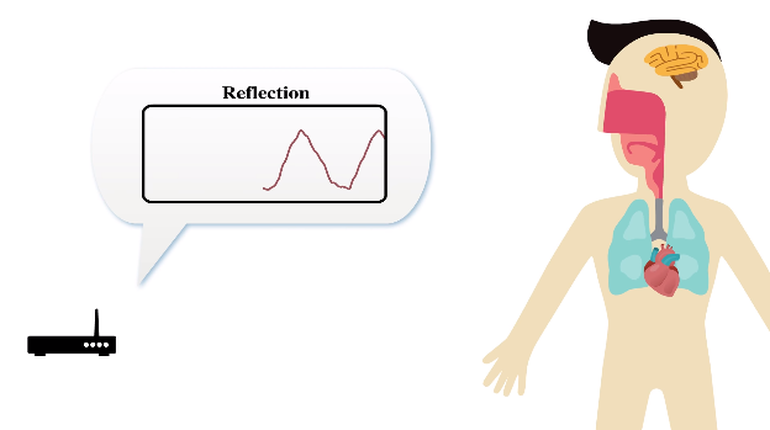
Wireless signals detect emotions
Mingmin Zhao and MIT colleagues have developed a device that detects emotions remotely, emitting wireless signals to measure heartbeat and breathing. EQ-Radio detects whether a person is excited, happy, angry or sad without wearable sensors or using face recognition technology. Radio signals are reflected off a person’s body, and back to the device. Algorithms detect…
-
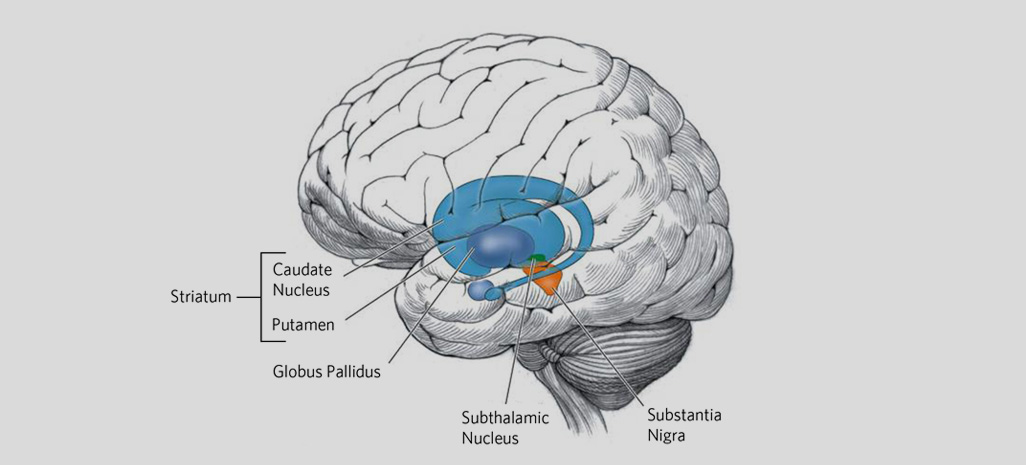
Wearable + cloud analysis track Huntington’s disease progression
In the latest pharma/tech partnership, Teva and Intel are developing a wearable platform to track the progression of Huntington’s disease. There is no cure for the disease, which causes a breakdown of nerve cells in the brain, resulting in a decline in motor control, cognition and mental stability. The technology can be used to assess the effectiveness…
-
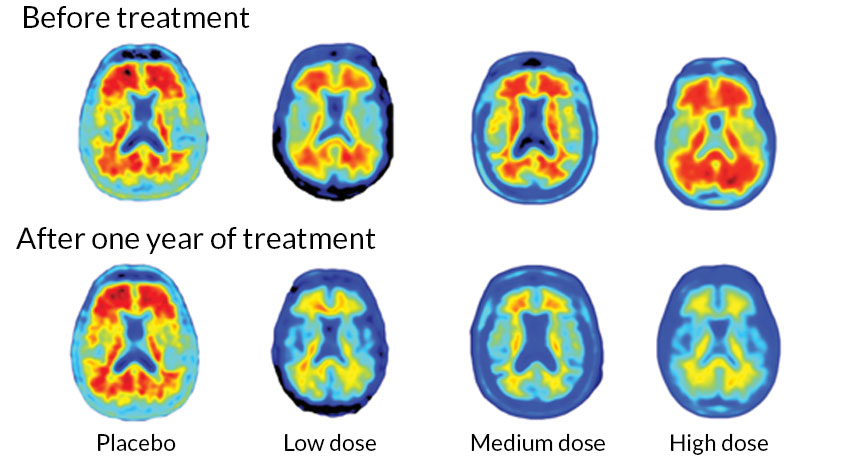
Antibody dramatically reduces amyloid plaques in Alzheimer’s patient study
A potential game-changer in the fight against Alzheimer’s Disease has been successfully trialled. Biogen developed aducanumab was found to almost completely clear the visible signs of Alzheimer’s disease from the brain. 165 patient brains were scanned as they were given the drug. After a year, almost all of the amyloid plaques appeared to have disappeared from those given…
-
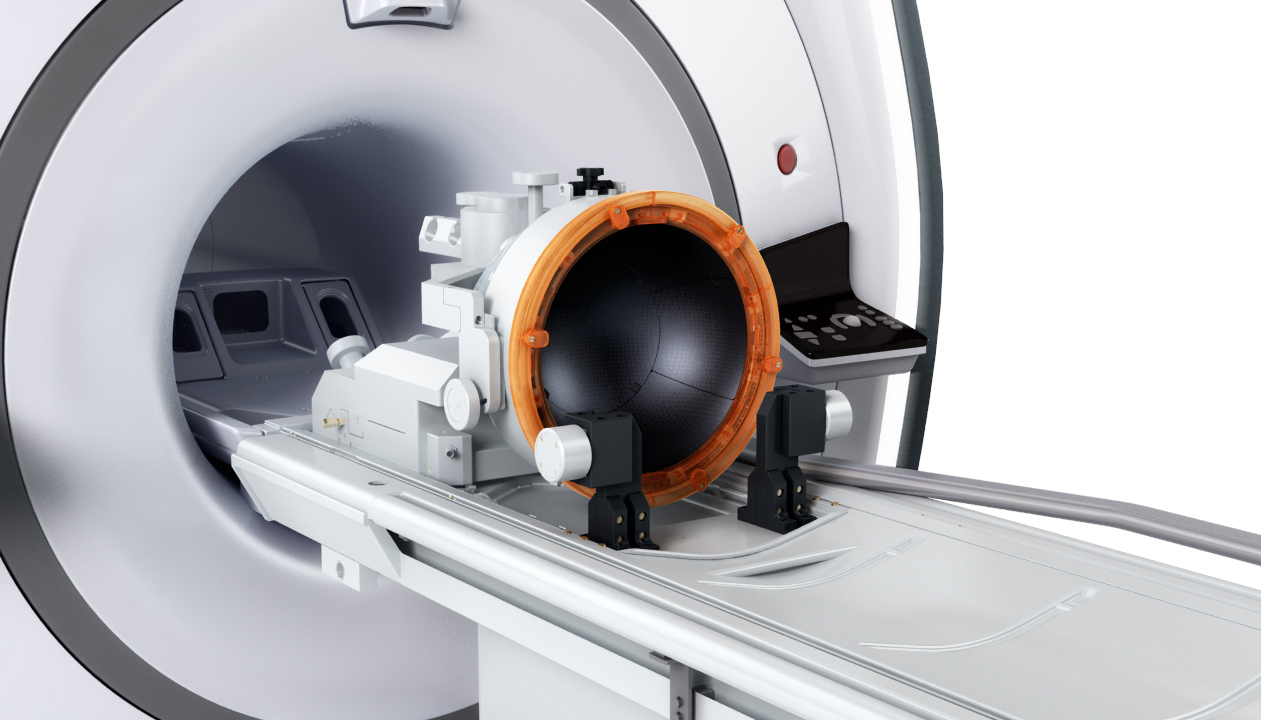
Focused brain ultrasound reduces essential tremor
Jeff Elias and University of Virginia colleagues have used the InSightec focused ultrasound to non-invasively treat essential tremor in a clinical trial. Participant shaking was noticeably reduced throughout the 12 month period. This is the second example this week of a successful, precisely delivered, brain ultrasound study. (See Ultrasound stimulates thalamus, patient regains consciousness.) 76 participants with…